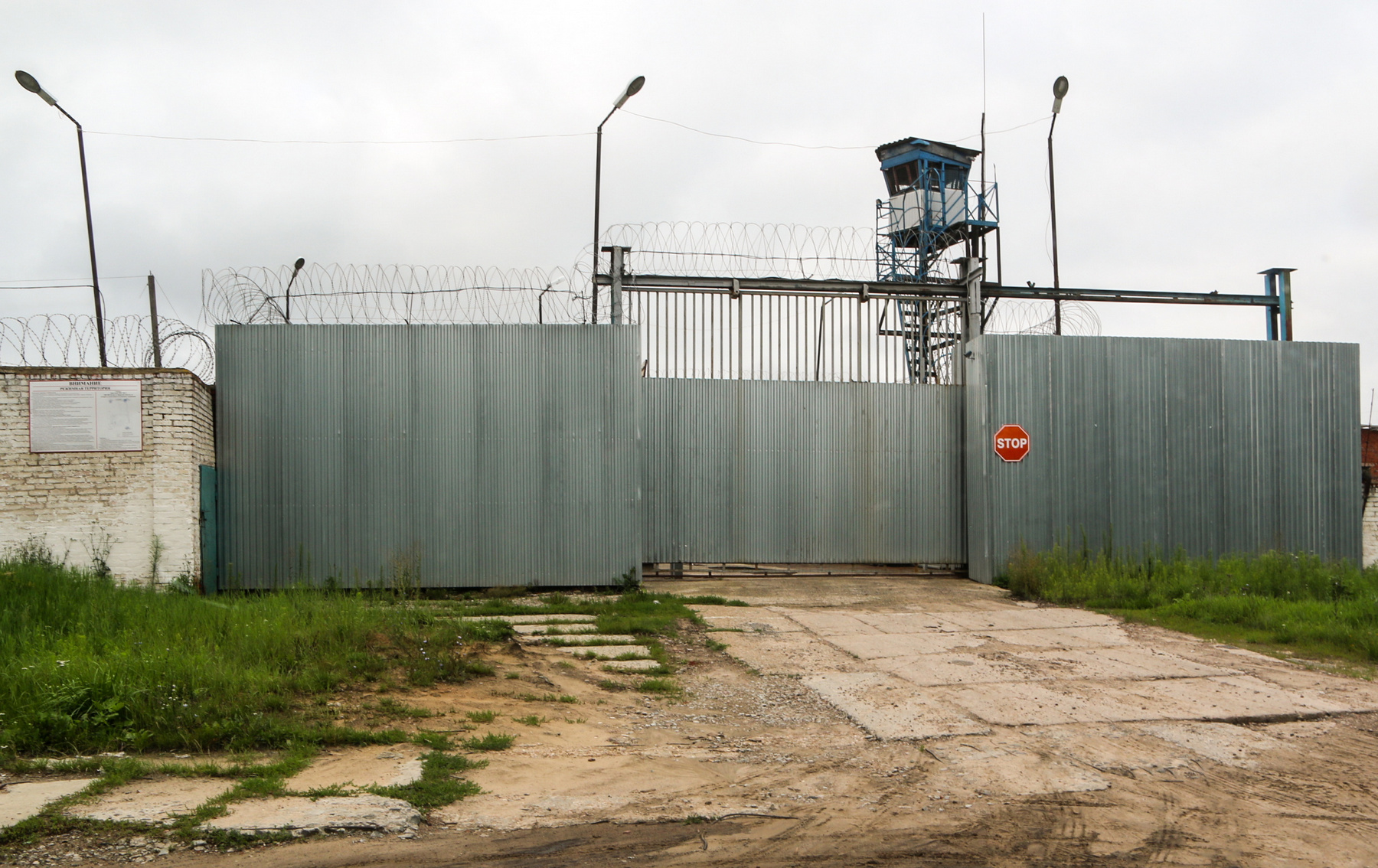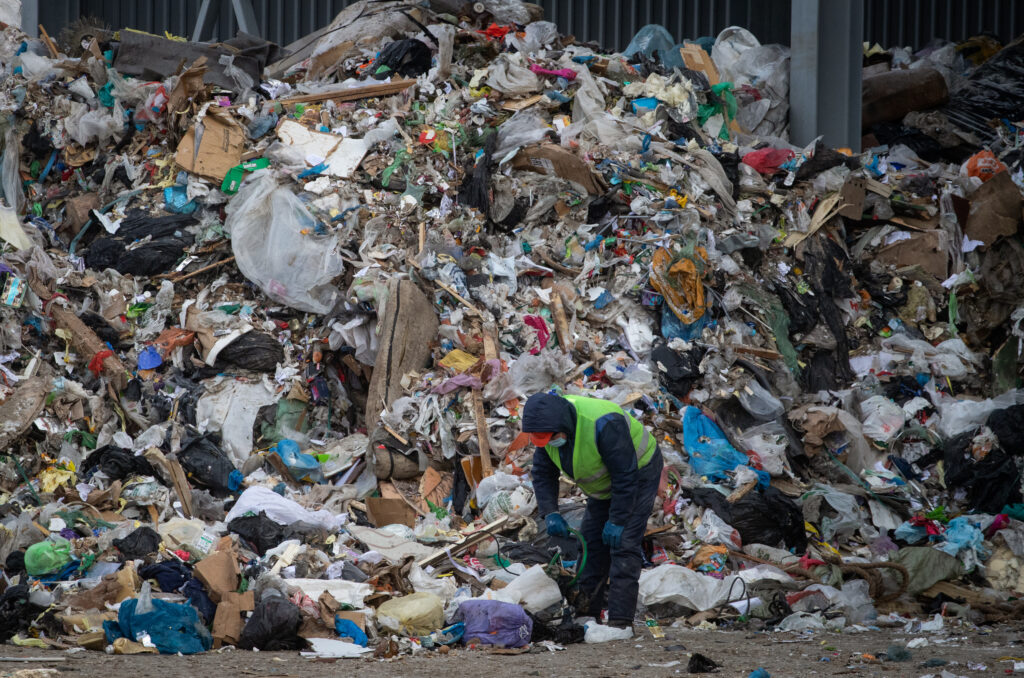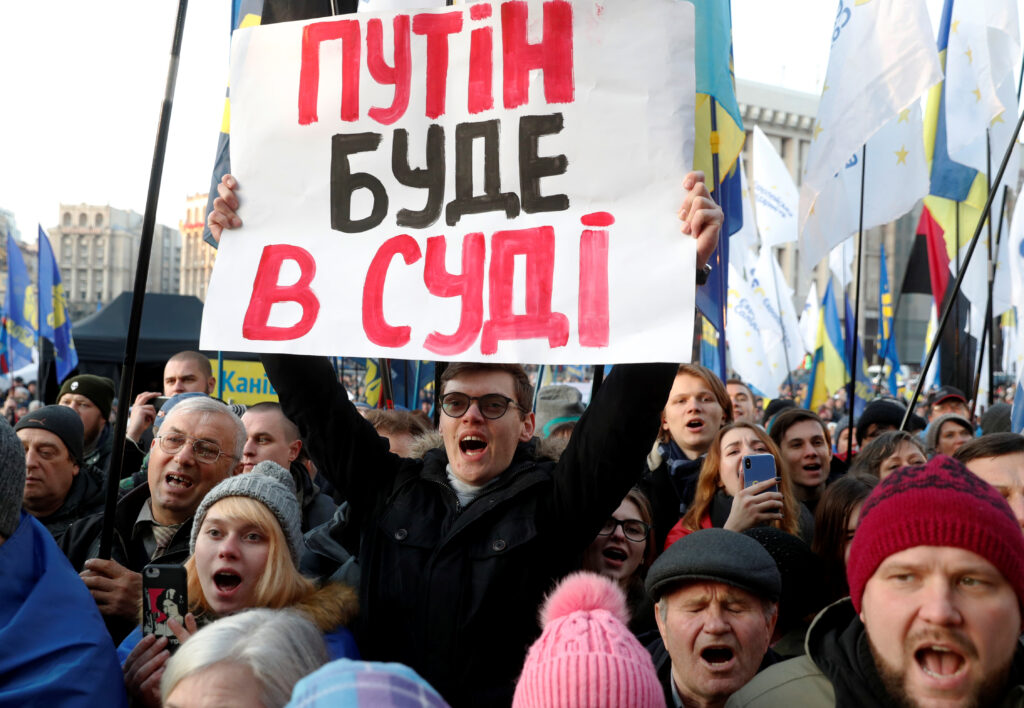In 2019, Russian courts found 641 employees of the law enforcement agencies (Ministry of Internal Affairs, Federal Penitentiary Service of Russia, Federal Security Service, Ministry of Defence, etc.) guilty of exceeding their powers with the use of violence or special means (Article 286 Section 3 paragraphs «a» and «b» of the Russian Criminal Code). Most convicted offenders are aged 30−49 and have university degrees.
Despite demands voiced by international agencies for many years (in particular, the UN Special Committee), the Russian Criminal Code still does not have a separate article entitled «Torture» for law enforcement officers. At the same time, the Russian authorities recognise and implement the ECtHR judgments in cases involving a violation of Article 3 of the European Convention on Human Rights. (Article 3 bans inhuman and degrading treatment)
According to official statistics, the number of people prosecuted for torture has been steadily declining: in 2018, there were 772 such cases, with 867 in 2017. Overall, the figure has shrunk by a factor of 2.5 since 2009 (acts under Article 286 Section 3 of the Criminal Code).
However, it is unlikely the number of cases where people get beaten up in police stations and prisons has declined. Even the Investigative Committee of Russia admits that in every 44 reports of violence perpetrated by officers of the Federal Penitentiary Service, only one criminal case is initiated. In some regions, hundreds of reports of violence have not led to a single criminal investigation.
At the same time, over the last ten years we have seen dozens of scandals involving torture committed by law enforcement officers. Some of the most heavily publicised cases include: violence with the use of a champagne bottle against detainees in the Dalny police department of Kazan; torture of prisoners in the IK-1 prison in Yaroslavl; or humiliation of privates in the Transbaikal military unit, which led to a conscript shooting eight fellow soldiers. Another example is the recent rebellion of convicts in the IK-15 prison in Angarsk (Irkutsk region), who protested against what they considered unreasonable actions taken by the administration. The rebellion was suppressed with the use of physical coercion by the special forces of the Federal Penitentiary Service. At least one prisoner was killed. The Investigation Committee initiated a criminal investigation into the mass protest. However, there was no official report on any investigation into whether the actions undertaken by the prison staff were lawful or not.
After each emergency situation of this kind, senior officials would announce that the law enforcement structures would be subject to reforms to make sure their activities are more open to public scrutiny. However, these noble initiatives never led anywhere.
This was the case with the Interior Ministry in the early 2010s. The police reform resulted in a formal recertification of officers and the actual maintenance of the so-called ticket quota system (a system for evaluating indicators based on annual increases). There was no real change in the job descriptions, or the standards of the profession. Article 9 of the Federal Law «On Police», which deals with public support and citizen trust, is actually only applied in the context of monitoring public opinion regarding the activities of the Ministry of Internal Affairs. Apologies from the police to the victims whose rights have been violated are rare. Even in the case of Ivan Golunov, official apologies were issued by the prosecutor’s office, not by the Ministry of Internal Affairs.
There was a campaign to improve the moral image of the Armed Forces, initiated in 2008−2012 by Anatoly Serdyukov and supported by human rights activists. But then, the situation in the army dramatically deteriorated again with Sergei Shoigu’s arrival as the head of the Ministry of Defence. The news media increasingly reported military hazing and suicides in the army. The situation aggravated further after the Russian President signed a decree in 2015 where the data on any losses of military personnel in peacetime were to be classified as a state secret.
The Federal Penitentiary Service is a separate «island» in the system. Unbearable living conditions in prisons, a caste system, violence against inmates — the media have reported all these problems on a weekly basis. Moreover, the institute of public monitoring commissions has virtually ceased to exist. The Prosecutor General of the Russian Federation admits that one of the reasons behind the cruel treatment of convicts is the insufficient openness of the penitentiary system and the low efficiency of internal audits.
In most cases, victims are unable to ensure that the perpetrators receive fair punishment. For example, in 2019, a total of 471 Federal Penitentiary Service officers were punished for ill-treatment of inmates. However, only 64 criminal cases involving the abuse of official powers were initiated by the Investigative Committee.
According to statistics of the Judicial Department at the Supreme Court of the Russian Federation, the old trends in the imposition of criminal penalties persist. In 2019, officials in nearly half of the cases received a suspended jail sentence. A third were fined (even though acts under Article 286 Section 3 of the Russian Criminal Code are classified as serious crimes). Last year, 32 people received acquittals or their cases were discontinued on exonerative grounds under Article 286 Section 3 paragraphs «a» and «b» of the Russian Criminal Code. While the proportion of such individuals used to stand at 4%, it rose to 4.7% in 2019.
Meanwhile, a poll conducted by the Levada Centre has shown how one in ten Russians had experienced torture by law enforcement officials at least once in their lifetime. Most of them were victimised upon detention, identity checks or interrogation. «These figures are a frightening confirmation showing that law enforcement officials use violence against detainees, and do so often,» the Levada Centre stressed.
For many years, the Russian authorities have refused to acknowledge the problem with torture in the country. Even though concerns about the situation have been expressed in the reports of the working groups of the UN Human Rights Council’s Universal Periodic Review (2009, 2013, 2018) and in the statements of the European Committee for the Prevention of Torture and Inhuman or Degrading Treatment or Punishment (CPT). Also, the ECtHR has repeatedly pointed out to the Government of the Russian Federation that torture cases are not properly investigated, notably in penitentiary institutions. Last year, the Strasbourg Court issued 29 rulings on the violation of Article 3 of the Convention against 39 complainants from Russia. The compensations in these cases totalled around 700,000 euros. It would not be an exaggeration to state that the ECtHR remains the only hope for justice for many victims.
What kind of measures would effectively combat torture in Russia in the future?
First of all, it is key to strengthen citizens’ monitoring of the activities of law enforcement agencies. This is not only a matter of reforming the institution of the so-called «public councils», populated today by actors, musicians, and TV presenters. But it is also a matter of genuine accountability of these agencies vis-à-vis citizens.
In our view, cases of ill-treatment can also be prevented through the criminalisation of such acts. We recommend introducing a special provision into the article on torture in the Russian Criminal Code.
International practice has shown that the National Preventive Mechanism for the Prevention and Detection of Torture and Other Cruel, Inhuman or Degrading Treatment or Punishment (NPM) is an effective means of combating violence. This document is provided for in the Optional Protocol to the UN Convention against Torture (adopted in 1984), which has been ratified by 90 countries. However, Russia has neither ratified nor even signed the Protocol.
Tatyana Moskalkova, the Commissioner for Human Rights in the Russian Federation, has expressed solidarity with this position. She considers it expedient to study the positive experience of other countries. In Kazakhstan, for example, the NPM is already operating effectively. While in 2008 Kazakhstan officially registered 2−3 torture-related crimes, their number increased ten times within five years. As of April 2018, there were 124 cases of torture being investigated by the prosecution bodies.
In Kazakhstan, participants of the NPM include the Ombudsman, members of the public monitoring committees and non-governmental organisations selected by the Coordination Council, lawyers, social workers and doctors. They are entitled to pay visits, without any impediments, to special detention rooms, temporary detention centres, remand centres, prisons and medical facilities at the expense of the state budget. Officials who obstruct their work bear responsibility under the law.
The NPM participants have been vested with the right to access information on the treatment of convicted persons, the conditions of imprisonment, and to receive messages and complaints about the use of torture. These messages are then referred to the Commissioner for Human Rights. Following visits to special institutions, the Ombudsman has the right to approach government agencies for disciplinary or administrative proceedings to be instituted or for a pre-trial investigation to be initiated against an official who has violated human and civil rights and freedoms.
The adoption of all these measures may become the first serious step towards the eradication of torture in Russia. So far, the Russian authorities have been fighting this vicious phenomenon only on paper.










